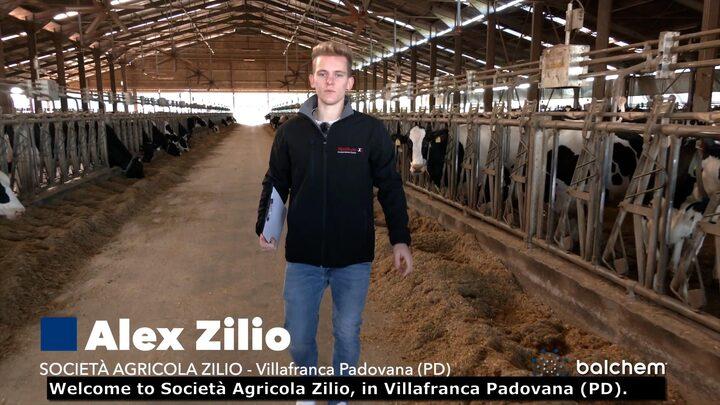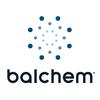How safe is the consumption of raw milk?
Published: July 20, 2017
Summary
Milk is one of Mother Nature’s most perfect foods; however, milk quality is jeopardized when it contains life-threatening pathogens. Through science-based knowledge, procedures have been developed to make milk safer for the consumer without losing its nutritional value. Pasteurization kills harmful bacteria by heating milk to a specific temperature for a set period, eliminating microorganis...
Related topics:
Authors:


Recommend
Comment
Share
24 de julio de 2017
Then how is it far more people who drink raw milk are healing themselves from issues like Crohn's Disease, even Celiac Disease & other digestion related issues? As well as kids who have issues with drinking store bought milk, but thrive & gain weight from drinking raw milk? Or adults who are lactose intolerant & can't drink store bought milk or ice cream, but can consume raw milk & ice cream made from raw milk or slightly cooked, but not commercialized ice cream? There's surely a difference between the health benefits from raw milk & store bought pasteurized store bought milk, I know there's a taste difference.
Recommend
Reply
24 de julio de 2017
Dear Author,
Are these pathogens are coming from animal udder or environmentally born?
What is the safe time for use raw milk after milking?
Recommend
Reply
25 de julio de 2017
It is a beautiful article for brain storming. Traditionally farmers prefer raw milk consumption but ill effects are not recorded and symptoms appear late and in different shape so consumer blames something else responsible for that disease instead of raw milk. Very practical approach and alternative left for is pasteurization only
Recommend
Reply
25 de julio de 2017
Well, consumption of raw milk wouldn't be hazardous provided the milk is harvested from healthy (i.e., disease free) animal and and handled under a very sanitary environment. It should be noted that if processed milk is not properly handled post after processing could be more life threatening if consumed the than the raw milk.
Recommend
Reply
26 de julio de 2017
Dear colleagues. Hi, it is good topic, if the animal is free of above mentioned diseases the raw milk consumption could no be harmful but the milk that came out from nipple of the teats due to bad sanitation is hazardous for the health. Other point is the availability of antibiotic and it is residues in milk after treatment especially if the withdrawal period of antibiotic is longer, from health and economical point of views is not safer. Thanks, Dr. Abdul Qader Samsor, technical team leader in Animal husbandry project, Ministry of Agriculture and livestock.
Recommend
Reply
30 de abril de 2019
Pasterization can not be ignored as the effective way to render the milk safe for human consumption.
In the current day scenario, there are hundreds of unstudied sources of getting contamination into the clean milk drawn from a healthy udder.
Situation is of concern especially in developing countries.
Theory of raw milk curing certain ailments may not form the strong basis to prefer consuming raw milk, in my opinion.
Recommend
Reply
Recommend
Reply
17 de junio de 2019
Drinking Raw milk has the higher risk for pregnant women, children, older adults and those with weakened immune systems.
Raw milk and raw milk products, including soft cheese, ice cream, and yogurt, can be contaminated with harmful bacteria and other germs that can cause serious illness, hospitalization, or death.
Recommend
Reply
21 de junio de 2019
Raw milk is milk that has not been pasteurized to kill harmful bacteria. It can come from any animal. Raw milk can carry dangerous germs, such as Brucella, Campylobacter, Cryptosporidium, E. coli, Listeria, and Salmonella, which can pose serious health risks to you and your family.
Recommend
Reply
1

Would you like to discuss another topic? Create a new post to engage with experts in the community.

















